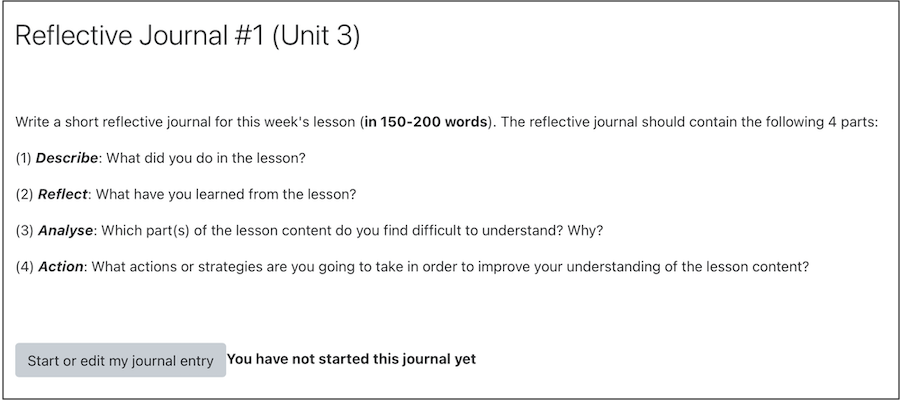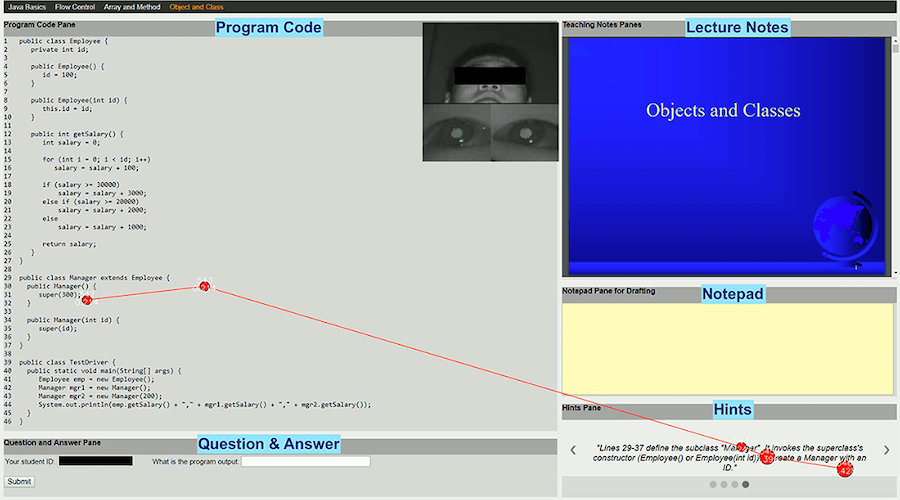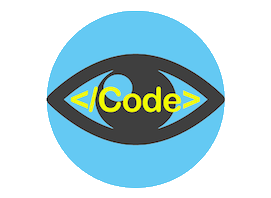Title
Tracking Students’ Use of Self-Regulated Learning Strategies for Computer Programming in Teacher Education
Period
01 January 2019 - 31 December 2020
Abstract
Computer programming has been around in schools and universities for half a century. It can be characterized as a complex process of planning, creating, testing and debugging a sequence of instructions executed by a computer to achieve a specific goal. From a pedagogical point of view, it has been shown that computer programming can help develop students’ creativity, problem solving and higher-order thinking skills. The potential benefits brought by computer programming have been increasingly recognized as vital to the competitiveness and success of graduates in the globalized knowledge economy, stimulating a renewed interest in equipping university students from different disciplinary backgrounds with fundamental programming skills. Despite this, learning computer programming has long been regarded as a major challenge for novices and high failure rates of introductory programming courses are prevalent in higher education. Attempts have been made to determine the cause of this poor performance in novice programmers, with a focus on students’ internal characteristics such as age, gender and learning styles. But little is known about students’ use of learning strategies during the programming process and which strategies are more effective for gaining programming knowledge and skills, especially in the context of teacher education.
To fill this gap in the literature, this project will draw on the concept of self-regulated learning (SRL) to engage students of teacher education in goal setting, progress monitoring and strategic management through electronic portfolio (e-Portfolio). Students’ use of SRL strategies to attain specific learning goals will be identified from a multitude of data sources, including their written reflective entries on an e-Portfolio platform, their eye-tracking and think-aloud data recorded in a computer lab, as well as their verbal feedback collected from semi-structured interviews. More importantly, the project will investigate differences in the use of SRL strategies between high- and low-performing students and explore the relationship between students’ use of SRL strategies and their programming performance. The findings of this project are expected to not only contribute to an improved understanding of the significance of SRL strategies in developing students’ programming ability, but also provide a promising basis for future research and development of appropriate pedagogical strategies and adaptive learning tools for computer programming education.
Objectives
- To develop facilities and processes in the e-Portfolio environment that assist with student learning of computer programming;
- To identify students’ use of SRL strategies specific to computer programming from a multitude of data sources;
- To examine differences in the use of SRL strategies between high- and low-performing students; and
- To seek out students’ views on the strengths and weaknesses of using e-Portfolio to support their learning of computer programming.
Screenshots


Publications
Journal Papers
- Cheng, G., Zou, D., Xie, H., & Wang, F. L. (accepted). Exploring differences in self-regulated learning strategy use between high- and low-performing students in introductory programming: An analysis of eye-tracking and retrospective think-aloud data from program comprehension. Computers & Education. Link
- Chen, X., Cheng, G.*, Xie, H., Chen, G., & Zou, D. (2021). Understanding MOOC Reviews: Text Mining using Structural Topic Model. Human-Centric Intelligent Systems, 1(3-4), 55-65 (*Corresponding author) Link
Conference Papers
- Cheng, G., Poon, L. K. M., Lau, W. W. F., & Zhou, R. C. (2019, July). Applying Eye Tracking to Identify Students’ Use of Learning Strategies in Understanding Program Code. Proceedings of the 2019 3rd International Conference on Education and Multimedia Technology (ICEMT 2019), Nagoya, Japan. Link
- Cheng, G., Poon, L. K. M., Lau, W. W. F., & Zhou, R. C. (2019, April). Exploring the Relationship between Self-Regulated Learning Strategies and Computer Programming Achievement in Higher Education. Proceedings of the 5th International Conference on Education 2019 (ICEDU 2019), Kuala Lumpur, Malaysia. Link
Acknowledgement
This project was financially supported by General Research Fund (No. 18601118) of the Research Grants Council (RGC) of Hong Kong, China.


